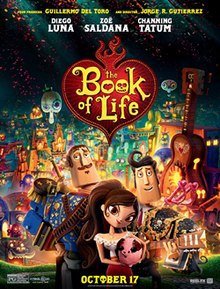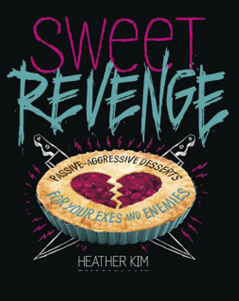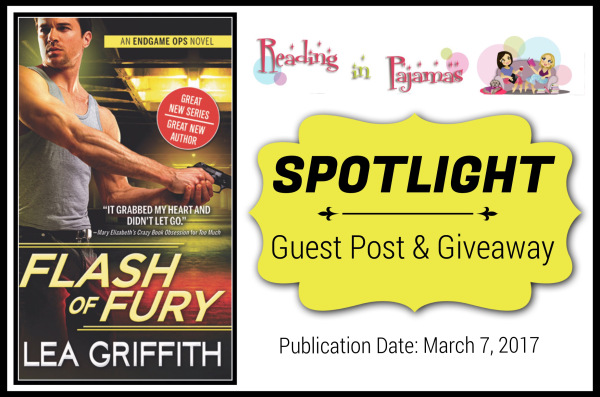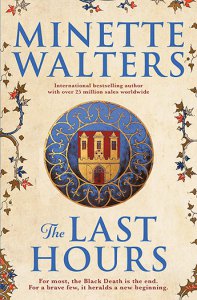The Book of Life (2014)

While waiting to see Disney-Pixar’s new film Coco, I finally got to see The Book of Life. Both films are about Day of the Dead, a Mexican holiday celebrated on Nov. 2, but that is about where the similarities end. (Oh, and they’re both animated. There’s that.) Any more comparisons will have to wait until I actually get to see Coco.
The Book of Life is stop-motion animation and is entirely a fairy tale. The frame story is a group of wayward schoolchildren are taken on a tour of a museum somewhere in the United States that has a Mexican exhibit. It is the Day of the Dead, so their mysterious tour guide tells them a story about the holiday.
What follows is classic fairy tale fun: the story centres around a bet made by on-again/off-again lovers La Muerte (who rules over the Land of the Remembered) and Xibalba (who rules over the Land of the Forgotten) in the Underworld. Their bet involves a spirited young girl – unsurprisingly named Maria – and her two childhood male friends, Manolo and Joaquin. Each one bets that Maria will end up marrying their favourite. Both boys love Maria, albeit initially only as friends. After she is sent away to boarding school, both boys grow to love her romantically in absentia.
La Muerte picks Manolo, while Xibalba picks Joaquin. Xibalba keeps trying to cheat to win the bet. Meanwhile, the two boys follow drastically different careers pursuits. Joaquin becomes a military hero while Manolo becomes a bullfighter, although he would rather be a musician. When Maria returns, she warms up to Manolo, but her father would rather that she marry Joaquin.
A trip to the Underworld ensues, thanks to Xibalba’s cheating, and eventually all ends well – but I won’t reveal how!
Despite the plot being fairly predictable, it was a delightful story. The animation was hilarious and beautiful. The music was especially touching. The score uses many pop songs (both recent and classic) remixed as mariachi music – and they work within the film to tell the story. There was lots of comedy, but plenty of dramatic and emotion scenes as well. It is a good family film that will appeal to adults and children together.
As for the heart of the story, the moral centres around what makes a true hero. Joaquin is the traditional military hero, although his heroics are largely aided by Xibalba’s magic; Manolo tries his hardest to please his father, who wants him to become a bullfighter as all the men in his family have been before, but he fails miserably.
The other theme is family and legacy. In the Underworld, Manolo meets all of his bullfighting ancestors – all very famous and all very much dead from their exploits. Some of this ancestors enjoyed the identity, but even some of them would have preferred other careers. His father insists that the men in their family do not apologise, but as part of outplaying Xibalba, Manolo is forced to fight the spirit of every bull that his family has killed. Instead of trying to kill the spirits, he instead brings out his guitar to sing a song of apology. It is not that he does not respect his family, but that he acknowledges that a) they got where they were through a lot of pain to others, and b) that he does not want to follow in their footsteps.
We cannot change the past, but we can acknowledge it and continue to move forward.
I really enjoyed this film and its lessons go far beyond its fairy-tale cuteness and simplicity. It is funny, sad, beautiful, romantic, clever, and action-packed. It is everything that a good story should be.
I hear there might even be a sequel!
Advertisements Share this:
- Share






